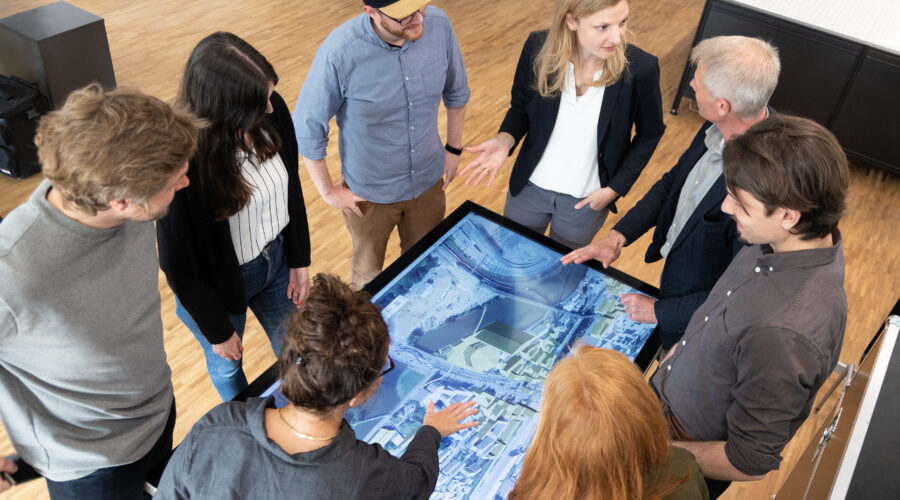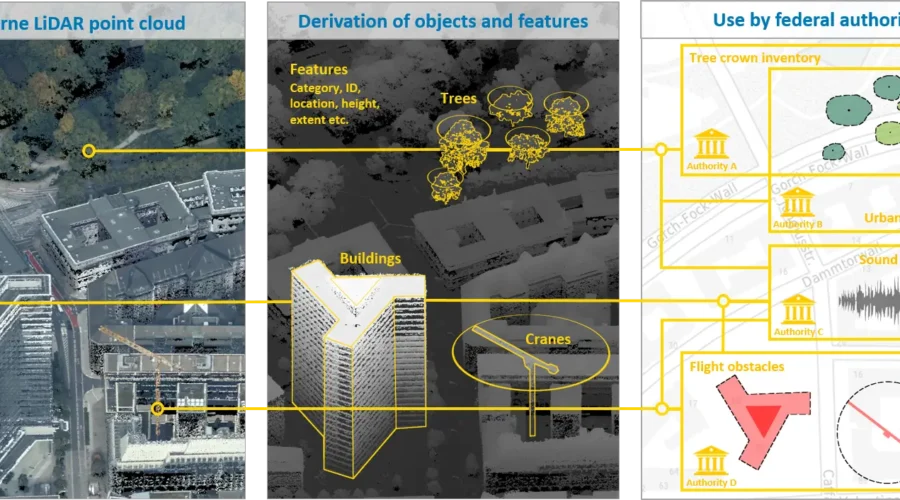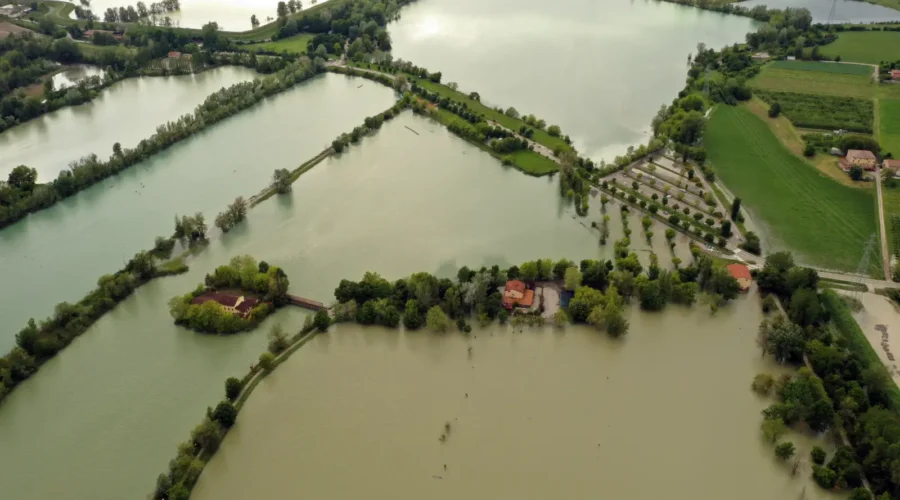DigiTal Zwilling
 Germany
GermanyDigiTal Zwilling
January 1, 2023
December 31, 2026

The Digital Urban Twin of Wuppertal (DUT-W) is a government funded project in the context of Smart Cities. Wuppertal is one of 73 model cities with a smart city strategy funded by the Federal Ministry for Housing, Urban Development and Building (BMWSB). The DUT-W Team at the municipality identified five key areas for which subject DUTs will evolve: 1. Climate change adaptation, 2. Sustainable urban development, 3. Sustainable mobility, 4. Parcs and green infrastructure and 5. Urban resilience. The project integrates new sensors, including real time data acquisition. Satellite remote sensing as well as data from other sensors such as pedestrian frequency, traffic, soil humidity, temperature and many more are considered. The digital twin of Wuppertal will enable stakeholders to use a common platform that connects data from different resources to visualise, analyse and simulate the past, the present and the future of a liveable urban environment.


